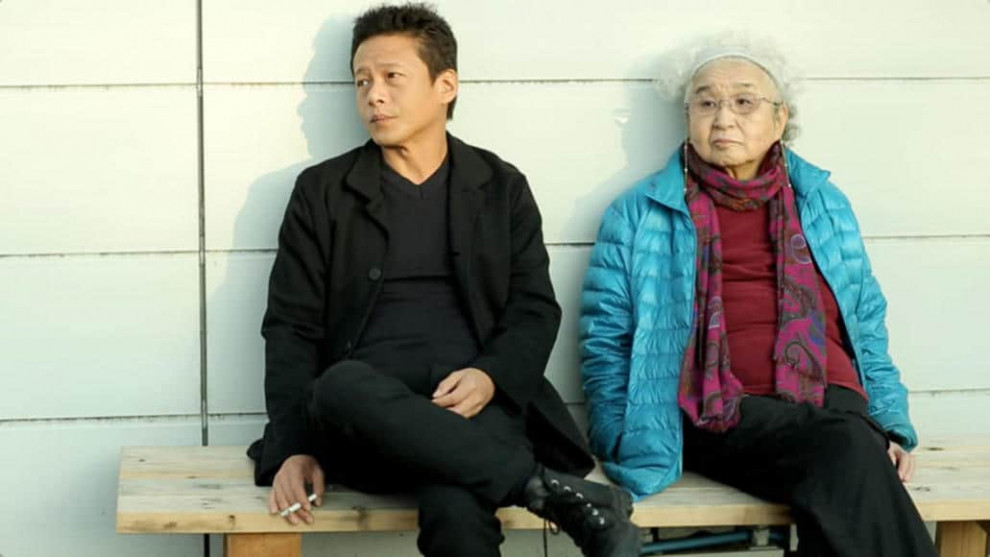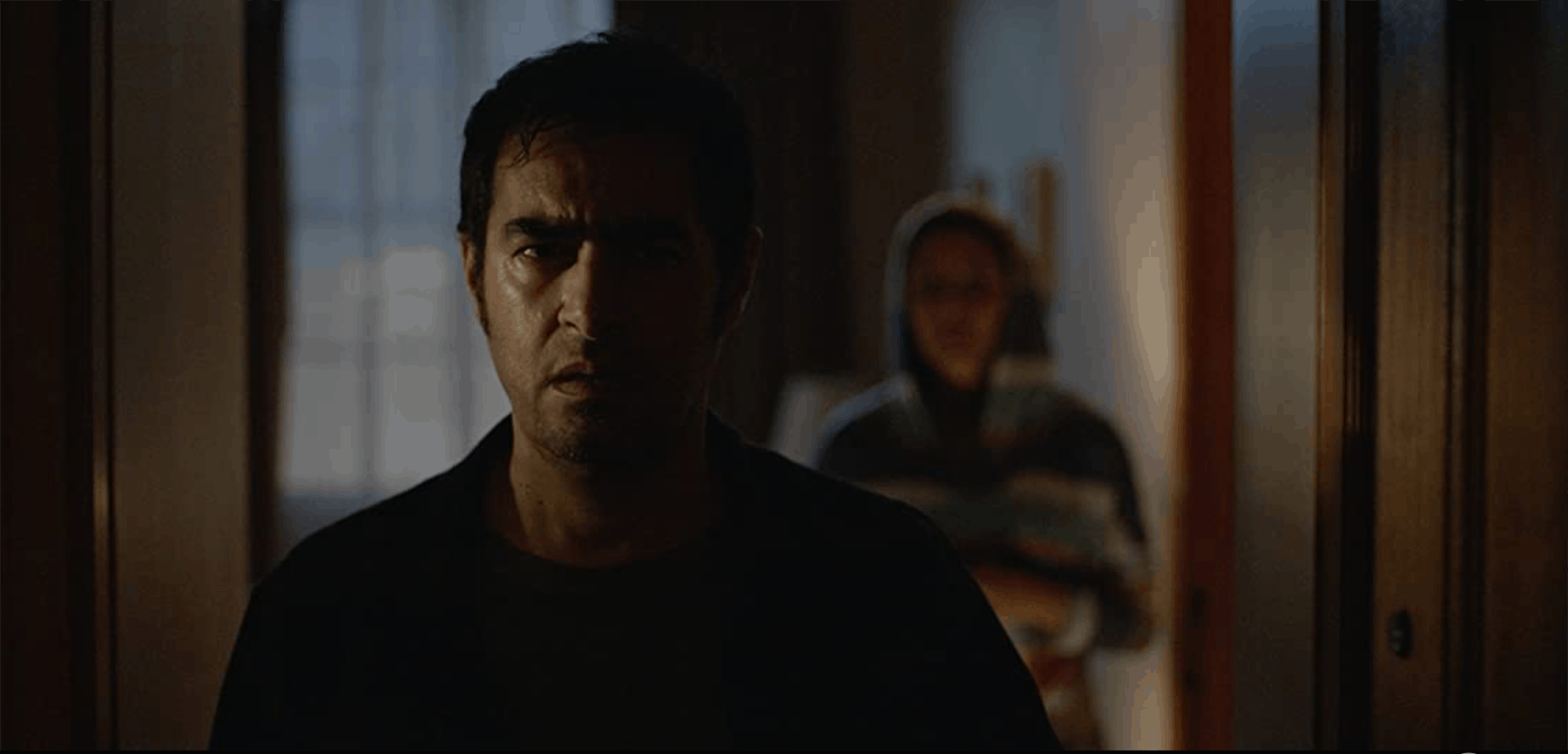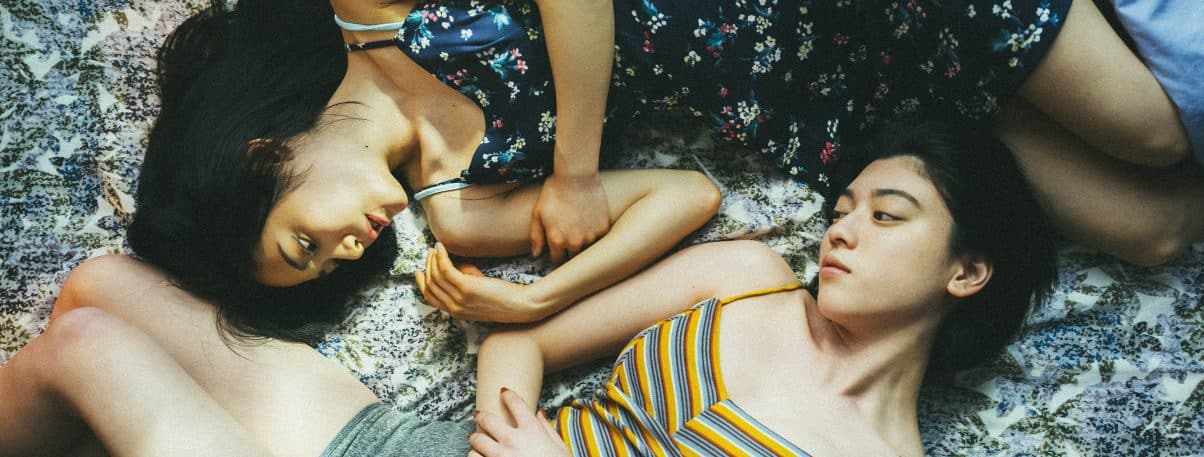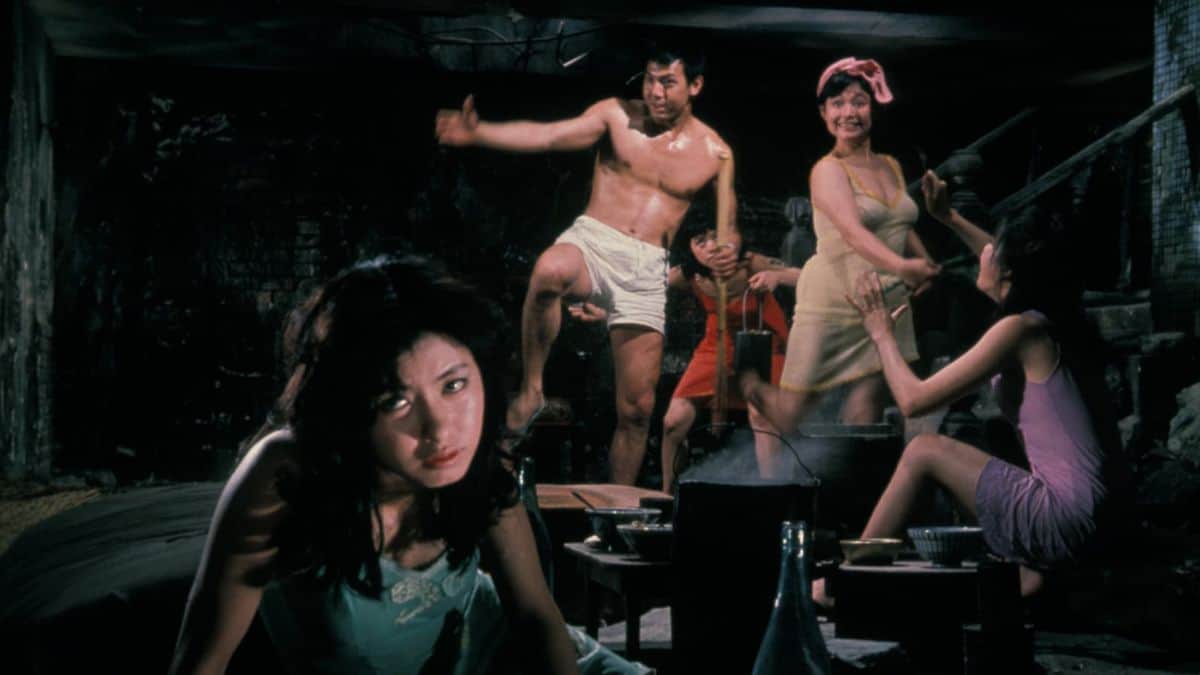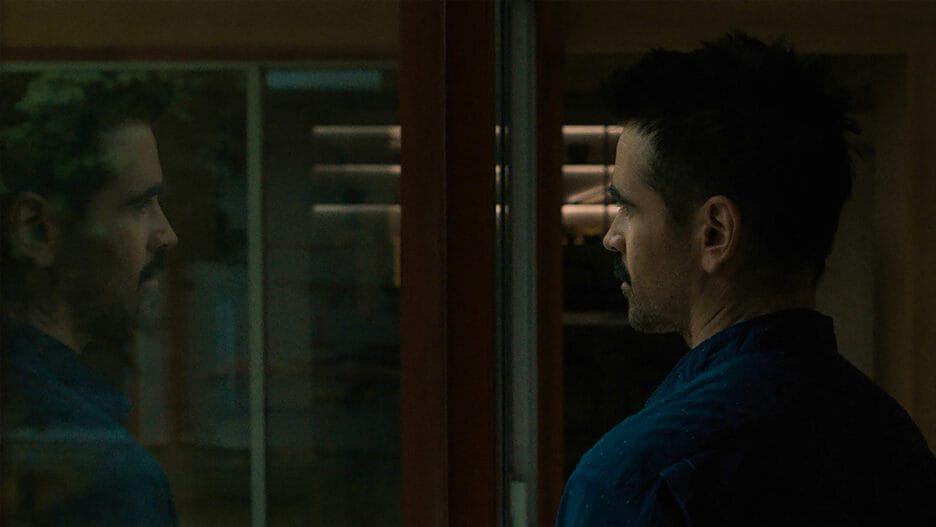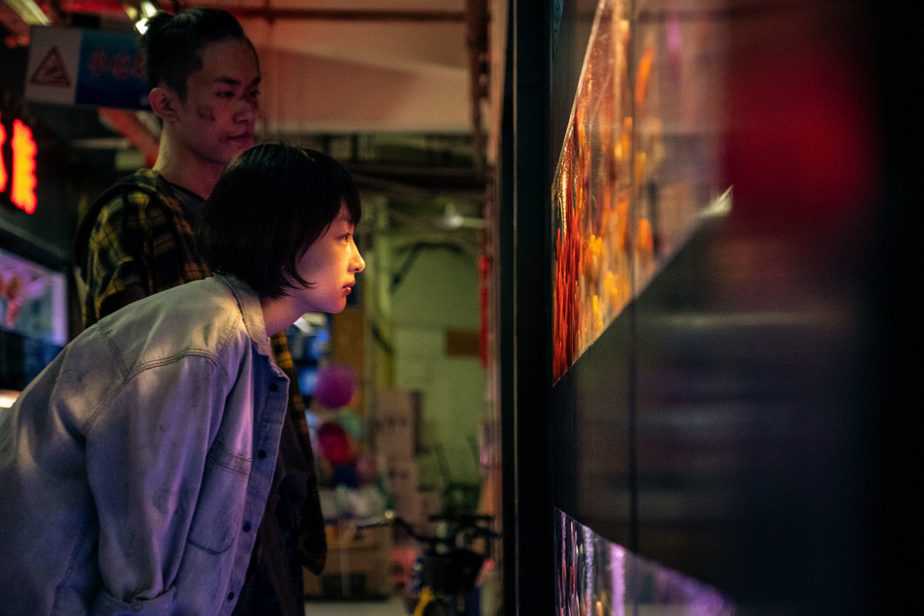Arthouse director Tsai Ming-liang sits down with Nogami Teruyo, who used to be a screenwriter for Akira Kurosawa for nearly half a century, to talk about poetry, films, and society.
Although “Autumn Days” relies almost entirely on the audio track of the recorded interview, it is not a pure documentary. Tsai Ming-liang experiments with our perception of image and sound. As we listen to the motionless dialogue, he presents nothing more than a black screen. After eight minutes into the conversation, the movie shows Nogami's face for a short period of time. But in a break from tradition, she keeps the silence during the whole shot. It is the same at the end of the film, when we see Lee Kang-Sheng, Tsai's favorite actor, and Nogami sitting next to each other on a bench, again in silence.
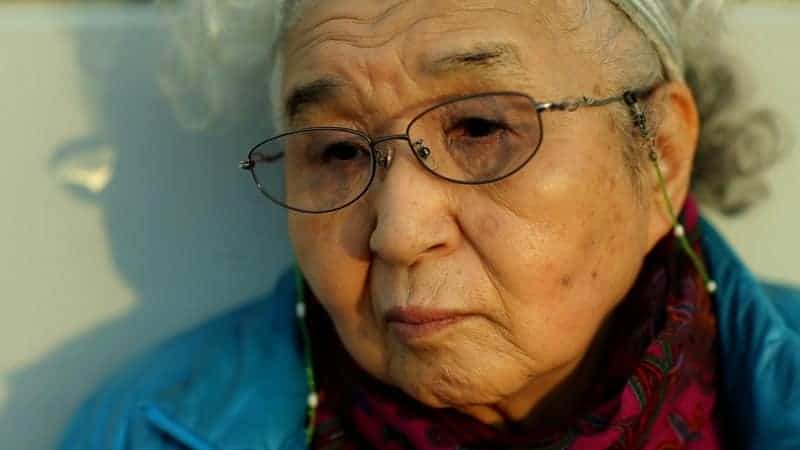
The director highlights the contrast and therefore demonstrates the interplay, which normally creates the filmic illusion that captures our attention in the cinema. By separating the two elements via extraction of the respective counterpart, “Autumn Days” is moving forward to a self-reflective approach.
The actual conversation is not so much about Nogami's biography. She shows her interest in Masuji Ibuse, the famous Japanese poet who wrote “Black Rain” and also translated a lot of Chinese poetry. Apparently, they are even talking at a shop where Masuji was a regular customer. Just as the viewer, Tsai Ming-liang is a reserved listener, giving space to Nogami's remarks. This provides the film with a feeling of a lecture. But at the same time, “Autumn Days” gives an account of a lively woman, who is funny, charismatic, and approachable.
Beside its nihilistic concept, the movie captures the words and images of one of the greatest women in the (Japanese) film industry. Nogami contributed to the scripts of “Ran”, “Rashomon”, “Seven Samurai”, “Ikiru”, “Yojimbo” and many more of Kurosawa's works. Tsai Ming-liang pays his tribute by capturing her in a natural way that is also appropriated to her professional career. Because just like her face wasn't visible in the films of Kurosawa, she became famous for her words, and those are now preserved in this movie.


